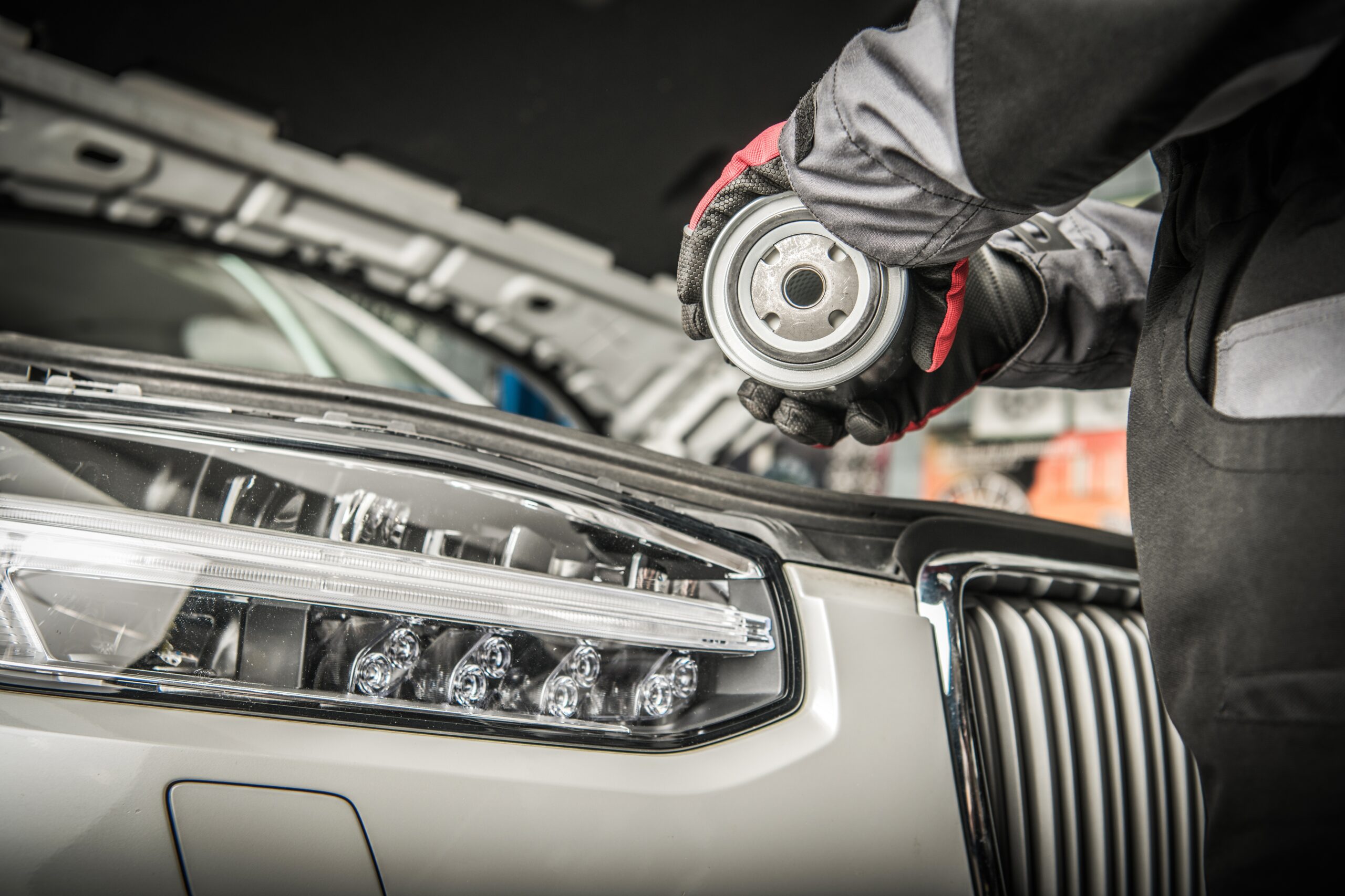Is your car’s engine not performing at its best? Does it feel sluggish, make strange noises, or have trouble starting? If so, it’s time for engine diagnostics. This essential service can pinpoint the root of your engine troubles and help you get back on the road with a smoother, more efficient ride.
What is Engine Diagnostics?
Engine diagnostics is the process of using specialized tools and techniques to assess the health and performance of your car’s engine. It involves scanning the engine’s computer for trouble codes, checking various sensors and components, and analyzing data to identify any malfunctions or potential issues.
Why Engine Diagnostics Matters
- Identify Problems Early: Diagnostics can detect problems in their early stages, before they cause major damage or breakdowns. This can save you money on costly repairs down the road.
- Improve Performance: Identifying and fixing engine issues can restore your car’s power, fuel efficiency, and overall performance.
- Prevent Breakdowns: By addressing minor problems before they escalate, you can reduce the risk of unexpected breakdowns and costly repairs.
- Pass Emissions Tests: If your car is due for an emissions test, engine diagnostics can help ensure that it passes with flying colors.
When to Get Engine Diagnostics
If you notice any of the following symptoms, it’s a good idea to schedule an engine diagnostic:
- Check Engine Light: This warning light is your car’s way of telling you something is wrong.
- Poor Performance: If your car feels sluggish, hesitates when accelerating, or has trouble starting, it could be due to an engine issue.
- Strange Noises: Unusual noises like knocking, ticking, or grinding from your engine could indicate a problem.
- Increased Fuel Consumption: If your gas mileage has suddenly dropped, it could be a sign of an engine malfunction.
- Excessive Exhaust Smoke: Black, white, or blue smoke from your exhaust could indicate various engine problems.
The Engine Diagnostic Process
During an engine diagnostic, a technician will typically:
- Scan for Trouble Codes: A diagnostic scanner will be plugged into your car’s OBD-II port to retrieve any stored trouble codes. These codes provide clues about the nature of the problem.
- Check Sensors and Components: The technician will visually inspect and test various engine components, such as spark plugs, ignition coils, fuel injectors, and sensors.
- Analyze Data: The collected data will be analyzed to determine the root cause of the problem and recommend the necessary repairs.
Total Auto Care: Your Engine Diagnostics Experts
At Total Auto Care, we have the expertise and technology to accurately diagnose and repair any engine issues. Our ASE-certified technicians use state-of-the-art diagnostic tools to quickly pinpoint the problem and get your car running smoothly again. We’ll explain the issue in detail and provide a transparent estimate for repairs.
Don’t let engine problems ruin your driving experience. Schedule an engine diagnostic with Total Auto Care today and unlock your car’s full potential. We’ll keep your engine running smoothly, efficiently, and reliably for miles to come.




